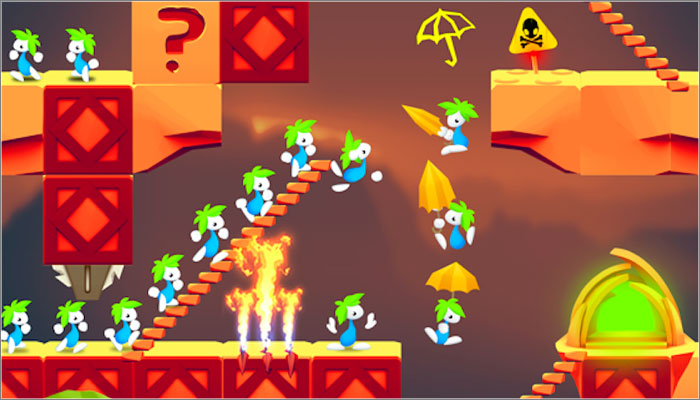When the world is bored, it’s time for board games on mobile

If you took a job in video games development tomorrow, you might be surprised about how closely the culture can often be intertwined with the world of tabletop gaming.
I’ve been in this industry for the best part of two decades and every single studio I’ve worked with has had its own board game club.
At first I assumed it was just for fun – a social way for us geeks to unwind after days/weeks spent toiling on a ‘crunch’ development project.
But then I took a look around at who was participating in the clubs and I realised it was always the smartest game design people in the studio. These guys were devoted to Dungeons & Dragons or Warhammer, but also the likes of Backgammon or Chess.
I learned more about game design by speaking to these people than in all the game development conference sessions I’ve ever sat in. And believe me, that’s a lot of keynotes.
If you look back, the games industry has always had a close working relationship with tabletop gaming, whether that’s board games making the transition to consoles (a battleground littered with casualties), or vice versa.
But I have a sense that a confluence of a cyclical trend, plus the seismic pandemic event we’re currently enduring, will actually open up some great creative opportunities to bring our two worlds together in smart ways.
As a mobile games studio, we built up our name on ‘work for hire’ projects, and during this time we’ve been lucky enough to work on market-leading IP such as FIFA, Angry Birds and F1. Then, just over a year ago, we published the classic 1990s puzzle game Lemmings for mobile phones.
It was a big release for us, not least because it marked our transition into self-publishing – and it was, thankfully, well-received. But it also marked the fruition of a long-held theory that there’s a vastly undertapped market out there for mobile games based on what we call internally ‘heritage IP’.
Lemmings was originally published by Psygnosis for the Amiga in 1991 and its mere mention generates wistful looks from 40+ year-old gamers everywhere. Crucially, the IP also scores highly in the recognition stakes among younger demographics too – almost like the knowledge of its greatness has been passed down the generations. We think this is because Lemmings is now part of a wider gaming culture, regularly referenced and much admired by those with more discernible tastes.
That nostalgia factor alone isn’t enough to guarantee a successful resurrection for a games brand, however. We absolutely had to make sure that the Lemmings gameplay was optimised for mobile and touchscreens, in this case by deploying a ‘tap to play’ mechanic that is somewhat different to the Amiga experience. That didn’t seem to matter though, something I put down capturing the essence of the original when it came to game design.
So we have a confluence of two factors: the presence of a heritage IP much loved by millions and its optimisation for a new platform 30 years after it was originally released.
As a brand it’s in a unique sweet spot that’s being amplified by the current Nineties revival, not least in the context of PlayStation’s 25th anniversary year.
Those factors have since guided our long-term strategy as a mobile game publisher with a focus on heritage IP. And this is where we come back to tabletop games.
They’ve been on our radar for 12 months in terms of IP we’d like to work with, but the current lockdown we’re enduring is showing just how vital they are to our national and international culture.
People are stocking up on puzzles and board games to make the quarantine more palatable, national media are creating lists of ‘go to’ titles and even super fussy Millennials are getting in on the act.
And all this at a time when our homes are more connected than ever and entertainment, whether it’s video games or movies, are on tap.
As a company we’ve already doubled down on our Lemmings experience in order to create welcoming, humble, focused, mass market, fun and playful games. And we think there are myriad ‘forever franchises’ out in the world of tabletop gaming that are just waiting to be brought back in 2020.
There is a whole world out there rediscovering the joys of board games they played, perhaps, 20 or 30 years ago. Wouldn’t it be great if they could carry on enjoying those experiences when we’re all allowed to get back on the train, bus or plane again?
We’d love to discuss the possibilities. Via Zoom, of course.
Julian Jones is chief publishing officer at independent games development studio Exient. He can be contacted at: [email protected].
—-
To stay in the loop with the latest news, interviews and features from the world of toy and game design, sign up to our weekly newsletter here

























